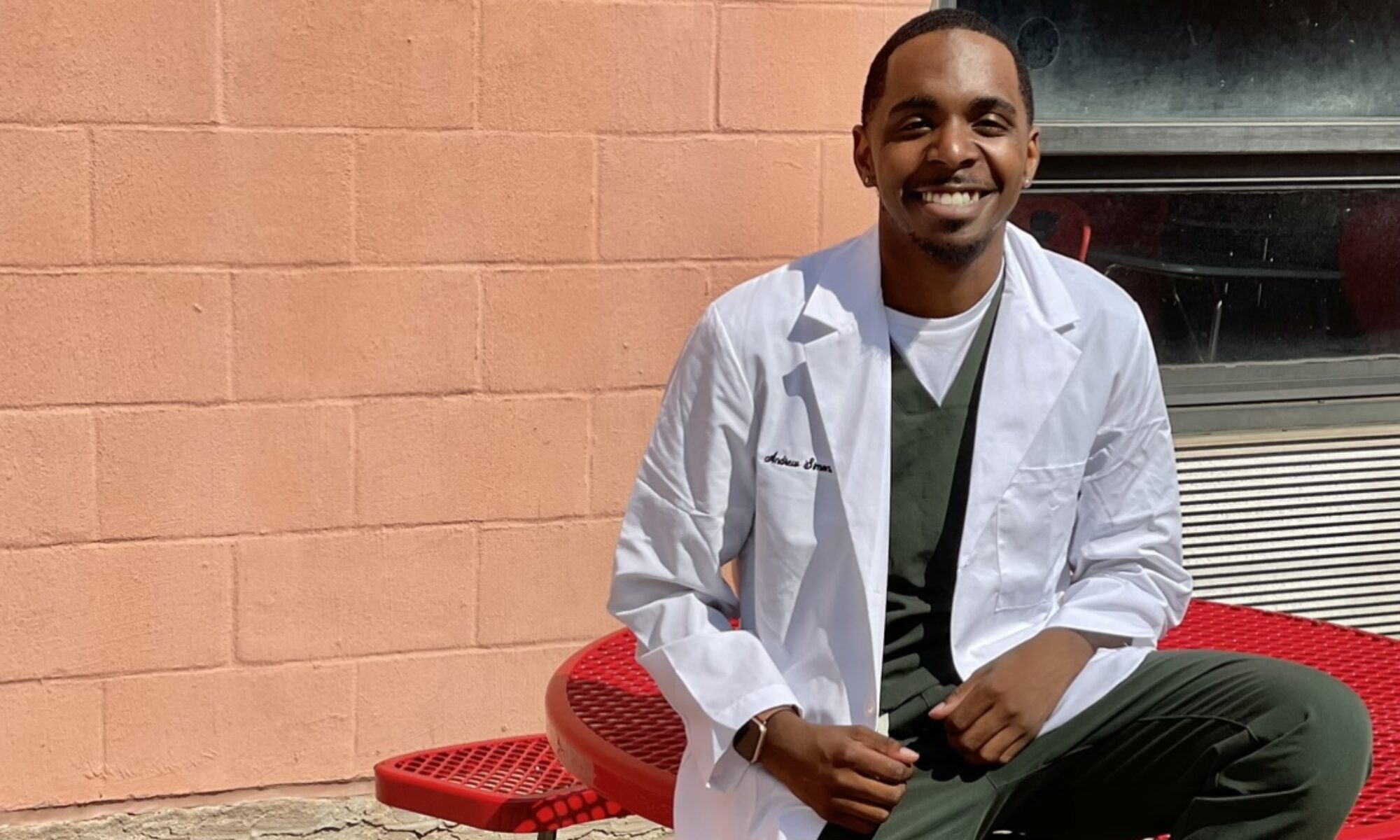Case Study – Barry Anderson
Immunizations
Assuming that Barry had all of his childhood vaccinations, he is recommended to get the flu shot at today’s visit. Pt does not remember what shots he had when he went to the doctor last year so he should also receive a flu shot.
Screening:
According to Barry’s sexual hx and hx of heroin drug use, he should be tested for a variety of STD’s . Barry notes he never shares needles or “works” with anyone but he has a hx of unprotected sex. Barry should be screened for hepatitis B, syphilis, chlamydia, gonorrhea, Hepatitis C, and especially HIV. HIV testing is highly recommended because pt does not always have a condom when he has sex with men. Pt should also be screened for depression considering he is homeless, showers in the bathroom of Dunkin Donuts, and sleeps in different places throughout the week. Another reason to screen for depression is that pt notes weight loss.
On PE I hear scattered rales bilaterally that improve after voluntary deep cough and pt is a cigarette smoker. The patient should be given a chest x-ray to check for pneumonia or any type of lung pathology. Pt does not have a 30 pack-year of smoking and is under 50 so no need to screen for lung cancer.
Health Promotion/Disease Prevention Concerns
Injury prevention
- Traffic safety to prevent him from getting injured by cars while under the influence
- Safe sleep environment so that he is not harmed because he sleeps in the local salvation army shelter and random areas
- Falls prevention because he may be under the influence and get injured
- Burn prevention because pt using “cookers”
Diet
Considering Barry is homeless, it is difficult to prescribe a dietary or exercise prescription. However, Barry thinks he lost weight over the past year. Also, his BMI is 15.8 which is underweight according to the CDC. This may be due to malnutrition and not being able to afford food. It is recommended to get foods from a local pantry that gives out free food. While free food is limited, pt should do his best to get vegetables, fruits, whole grains, and healthy proteins. Pt should also try to avoid sugary drinks and drink water.
Exercise
Once again, it is difficult to assign Barry a plan considering he is homeless. The best thing to do is recommend 150 min a week of walking. Pt is probably already doing this but any more exercise with a lack of nutrition will not benefit the patient.
Harm Reduction
Barry is already taking part in harm reduction programs, but he can do a better job. Barry can benefit from safe sex education. Barry does use condoms occasionally but only when he has one. Barry noted that he always keeps extra syringes and never uses needles with someone else. If Barry is able to keep his heroin usage relatively safe, he should be able to do the same with condoms.
Barry is already taking part in a needle exchange program and he never shares needles.
Brief Intervention: Substance Use
Ask: First, would ask Barry if he is comfortable speaking more about heroin use. This may be a sensitive topic so it is important to ask first.
Ex: “Mr. Anderson, I wanted to ask if we can talk about your heroin use?”
Assess: It is important to assess Mr. Anderson’s health status and the effects of his substance use on psychosocial factors.
Ex.” Why do you feel that you started using drugs after college?”
Advise: After asking and assessing to establish a relationship with the pt, I would then ask for permission to give advice ( a clinical management plan). Pt’s are likely more receptive when advising follows asking and assessing.
Ex. “Now that we have a better understanding of your situation, can I recommend a plan of action to improve things?
Agree: Before I actually assist Mr. Anderson with treatment, we need to obtain an explicit agreement. By this I mean he must be willing to make a change and agree on the plan.
Ex. “Can we agree on this plan? How can we make this more achievable for you?
Assist: This would be the most difficult part for Mr. Anderson. Overcoming addiction is already difficult, and the fact that he is homeless makes it worse. I would do my best to help Mr. Anderson overcome certain barriers (social, medical, emotional, economic).
Ex. “I know that your situation is difficult and it is difficult to stop using heroin. Although we only have one visit, is there anything I can help you with today? Such as local food pantry locations, clothing donation locations, or anything else along those lines?
Issues that should be addressed first
Even though Mr. Anderson and I agreed on a plan to help his substance use, I cannot guarantee he will follow it. I would focus on what I can do during the visit first to help him such as giving him the necessary vaccinations and STD testing. I would also inform him of any neighborhood resources that may benefit him such as food and clothing pantries. After this, I would move on to speaking about his substance use. I do believe speaking about his substance use is important, but it is unlikely that in my only visit with him as my patient, I can get him to stop using a substance he has been using for years.


